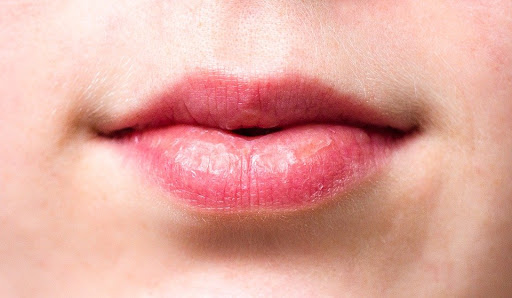Even if you don’t think about it, everyone needs saliva in their mouths. Saliva enhances your ability to taste, making it easier for you to chew and swallow, and it aids in digestion. So what happens when you don’t have enough saliva in your mouth to help with these tasks? You might be experiencing xerostomia, which about 1 in 5 older adults experiences, according to Cleveland Health. Also known as dry mouth, xerostomia is a condition when your salivary glands don’t make enough saliva to keep your mouth moist.
What Is Xerostomia?
Xerostomia is often due to side effects from certain medications, aging issues, or radiation from cancer treatment. In rare instances, dry mouth might be the result of a condition that affects salivary glands. While having a dry mouth can be annoying, it can also increase your risk of gingivitis, mouth infections, and tooth decay. It can also make wearing dentures difficult.
What Are Some Causes of Xerostomia?
If you’re experiencing xerostomia, your salivary glands might not work properly. Several of the key reasons you might deal with dry mouth include:
- Aging: Older people might experience dry mouth when they age.
- Medication: According to The Oral Cancer Foundation, more than 400 commonly used drugs can cause xerostomia. Some of these medications include those that treat high blood pressure, depression, and anxiety. Also, some antihistamines, pain medications, and decongestants cause dry mouth.
- Dehydration: Some conditions that lead to dehydration include fever, vomiting, diarrhea, excessive sweating, and blood loss.
- Chemotherapy drugs: These drugs change the nature of saliva and the amount produced. However, this may be temporary, with the normal saliva amount resuming after treatment ends.
- Alcohol or tobacco use: Drinking alcohol and chewing or smoking tobacco can cause dry mouth symptoms.
- Other health conditions: You might experience dry mouth due to several health conditions, including Alzheimer’s disease, HIV, AIDS, diabetes, mouth yeast infection, or stroke.
What Are Some Symptoms of Xerostomia?
When your body doesn’t produce enough saliva, you might notice certain symptoms. Some more common ones include:
- Thick and stringy saliva.
- Difficulty chewing, swallowing, or speaking.
- Temporary bad breath, or halitosis.
- Feeling of stickiness in your mouth.
- Issues wearing dentures.
- Sore or dry throat and hoarseness.
How Can You Maintain Dental Health?
Luckily, you can take several steps toward maintaining dental health and minimizing your risk of having dry mouth syndrome. A few of these steps include:
- Brush your teeth after each meal for two minutes, and it’s especially important to brush in the morning and before bedtime.
- Floss at least once per day.
- Cut back on drinking acidic or sugary beverages.
- Schedule a professional dental checkup every six months.
- Quit smoking or limit your smoking to less than one pack per day.
You can also mention to your dentist if you’re experiencing xerostomia. You might receive a prescription for an oral rinse to restore your mouth’s moisture.
If you’re experiencing symptoms of xerostomia, reach out to Carolina Family Dentistry. Preventative dental care is one of the best ways to reduce your chances of having other dental-related issues, and we look forward to helping you stay healthy.







